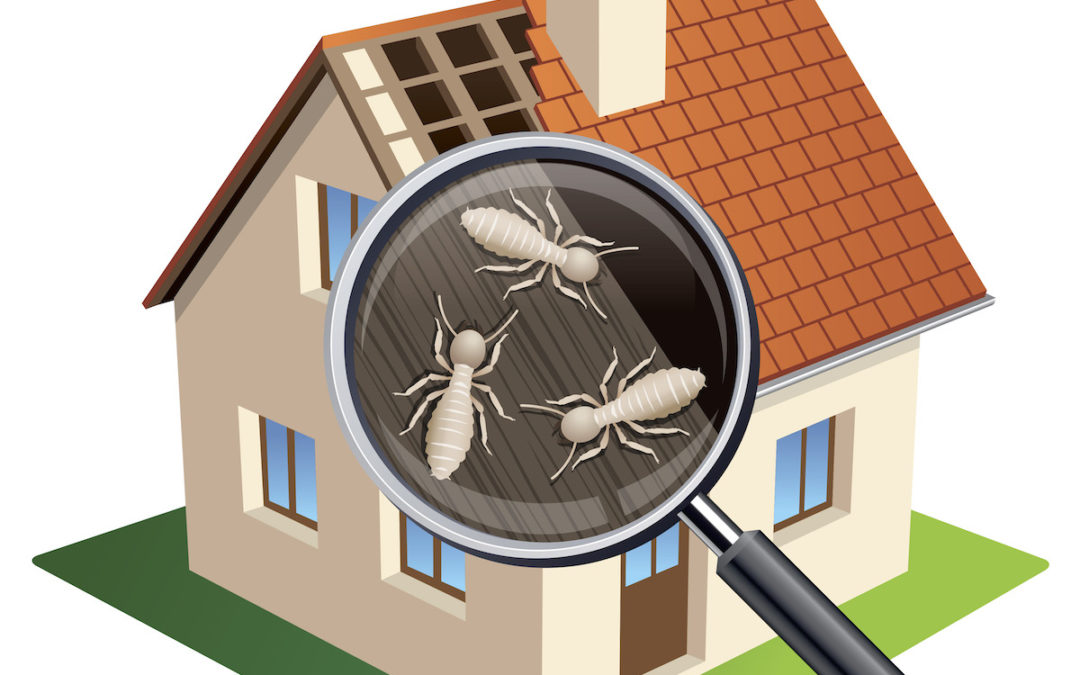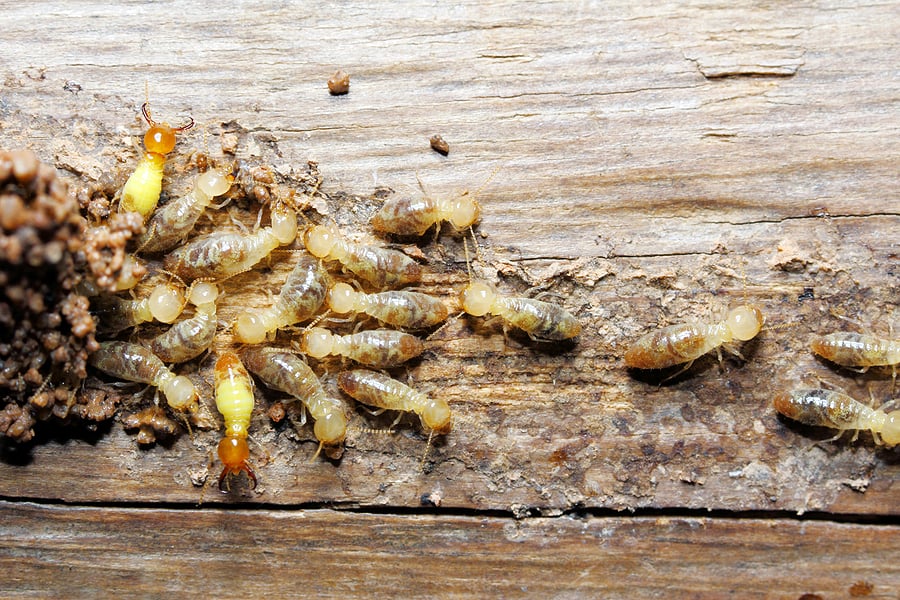Comprehensive Termite Control: Safeguard Your Property with Expert Services
Comprehensive Termite Control: Safeguard Your Property with Expert Services
Blog Article
Environmental Effect of Pest Control: Harmonizing Performance With Sustainability
The ecological impact of parasite control is an essential problem that calls for a fragile equilibrium in between accomplishing performance in making sure and handling parasites sustainability of our communities. From the usage of unsafe chemicals that leak right into our soil and water to the unexpected effects on non-target species, the consequences of conventional insect control practices are far-ranging.
Harmful Chemicals in Parasite Control
The usage of hazardous chemicals in bug control presents substantial environmental and wellness risks that necessitate careful consideration and mitigation methods. Pesticides, pesticides, and herbicides are frequently utilized to eradicate pests, but their extensive application can cause unintended effects. These chemicals can contaminate soil, water resources, and the air, influencing not just the targeted insects however likewise helpful bugs, wildlife, and human beings.

To deal with these dangers, incorporated pest administration (IPM) methods are being advertised as a much more sustainable choice. IPM involves a mix of techniques such as biological control, habitat control, and the targeted use chemicals as a last resource (ant control waxhaw nc). By embracing an alternative method to pest control, we can reduce the ecological and health and wellness influences connected with harmful chemicals while efficiently handling pest populations
Impact on Non-Target Types
Taking into consideration the unintentional repercussions of insect control methods, the influence on non-target species is an essential aspect that requires extensive analysis. While pest control measures aim to target certain bugs, various other microorganisms in the community might be accidentally affected. Non-target varieties, including advantageous pests, birds, animals, and also plants, can experience indirect or direct injury from pesticide applications or biological control approaches.
Insecticides made to fight a particular insect bug might damage pollinators like bees or all-natural killers such as ladybugs. Organic control representatives, if not species-specific, can present risks to unintentional targets, interfering with the environmental balance.
To alleviate the influence on non-target varieties, integrated insect monitoring (IPM) strategies that emphasize an alternative method to pest control are recommended. These methods prioritize making use of eco-friendly methods, minimizing harm to advantageous organisms while effectively handling pest populaces. Carrying out complete threat evaluations and keeping an eye on the outcomes of insect control efforts are essential actions in securing non-target varieties and advertising total ecosystem health.
Soil and Water Contamination
Unexpected ecological repercussions of insect control techniques extend past influencing non-target species, with substantial effects for soil and water contamination. Chemicals, herbicides, and chemical plant foods made use of in bug control can leach into the soil and pollute groundwater, presenting a danger to both earthbound and marine ecosystems. Dirt contamination can interfere with the balance of microbes vital for vitamins and mineral biking and plant development, causing reduced dirt fertility and productivity. Moreover, these chemicals can continue in the environment for extended durations, collecting in the soil and possibly entering the food web.
Water contamination is one more essential issue linked with bug control techniques. To mitigate soil and water contamination from insect control activities, incorporated insect management techniques that prioritize sustainability and reduce chemical inputs are important.
Air Air Pollution From Chemical Use
Direct exposure to airborne pesticides during agricultural applications poses a considerable issue for air contamination control steps. When pesticides are splashed onto crops, they can volatilize into the air and type unpredictable organic substances (VOCs) and various other air-borne toxins. These chemicals can add to the formation of ground-level ozone, a major part of smoke that can have destructive results on human wellness, crop efficiency, and overall air top quality. Furthermore, chemical drift, where pesticides are lugged by the wind to unexpected locations, can cause the contamination of nearby environments and water bodies.

Approaches for Lasting Pest Control
In the realm of agricultural methods, carrying out lasting parasite control strategies is critical for keeping ecological balance and securing More Info plant returns. Lasting parasite control stresses using eco-friendly techniques to manage pest populations effectively while lessening damage to non-target organisms and ecological communities. Integrated Parasite Monitoring (IPM) is an extensively taken on technique that integrates organic, social, physical, and chemical control approaches to attain long-term pest monitoring remedies.
One trick approach in lasting insect control is advertising biodiversity within agroecosystems. By improving natural opponents of bugs, such as parasitoids and predators, farmers can reduce the demand for artificial pesticides. Plant rotation and diversification are additionally efficient techniques to disrupt pest life process and produce less positive conditions for pests to grow. Furthermore, using pest-resistant plant varieties and using methods like trap chopping can assist reduce bug pressure without depending heavily on chemical treatments. Inevitably, by incorporating these sustainable bug control methods, farmers can accomplish a balance between pest monitoring performance and ecological stewardship.
Conclusion
In verdict, the environmental influence of insect control approaches must be meticulously considered to balance performance with sustainability. Dangerous chemicals used in bug control can lead to soil and water contamination, air contamination, and injury non-target varieties - ant control. It is important to carry out lasting parasite control techniques to lessen these adverse results on the atmosphere and advertise a much healthier ecosystem for future generations
By adopting an alternative technique to pest control, we can decrease the ecological and wellness impacts connected with unsafe chemicals while properly managing pest populations.

To reduce the air contamination caused by chemical usage, it is necessary to adopt incorporated parasite administration approaches that prioritize the use of non-chemical parasite control methods, such as plant rotation, all-natural killers, and resistant crop selections. Sustainable bug control emphasizes the use of ecologically pleasant methods to manage bug populaces effectively while decreasing harm to non-target organisms and environments. Integrated Parasite Administration (IPM) is an extensively taken on approach that incorporates biological, social, physical, and chemical control methods to achieve lasting pest administration remedies.
Report this page